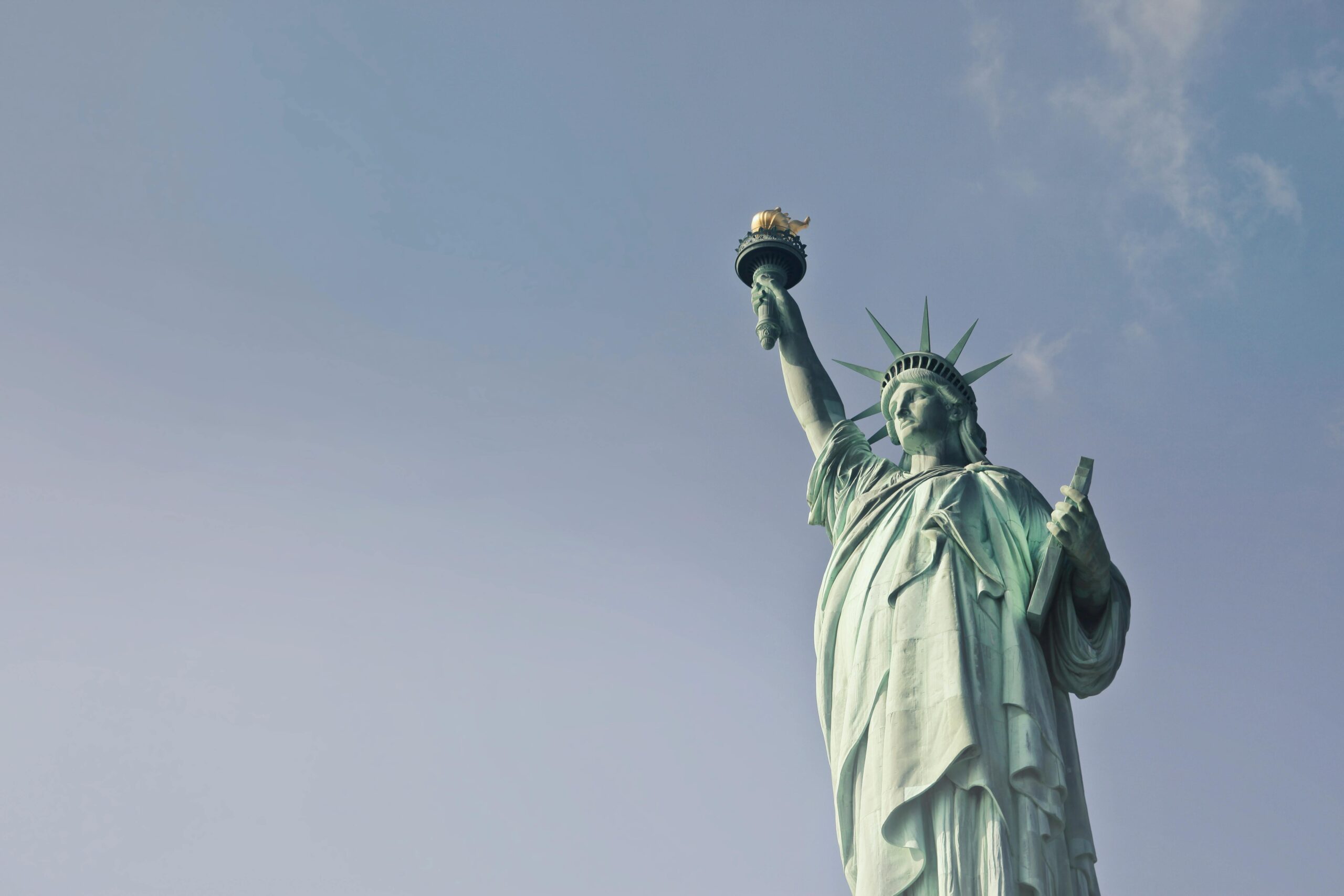The attack on Pearl Harbor on December 7, 1941, stands as one of the most pivotal moments in modern American history. It not only propelled the United States into World War II but also solidified a sense of national identity that persists to this day. However, the event also left a deep scar in Japanese-American relations, creating a legacy of resentment and tension that has taken decades to heal. As we revisit the role of Pearl Harbor in shaping American national identity and Japanese resentment, it is crucial to explore the nuances of this historical event and its lasting impact on both nations.
Pearl Harbor and American National Identity
For the United States, Pearl Harbor was a watershed moment. The surprise attack by Japanese forces killed over 2,400 Americans, destroyed significant portions of the Pacific Fleet, and marked the end of American isolationism. In the wake of the attack, the country experienced a profound shift in national consciousness, one that rallied the public around a common cause and forged a stronger sense of unity. The phrase “Remember Pearl Harbor” became a rallying cry, symbolizing both the tragedy of the event and the resilience of the American spirit.
Pearl Harbor’s role in shaping American national identity cannot be overstated. It served as a catalyst for the United States to emerge as a global superpower, with the ensuing war effort leading to unprecedented levels of industrial production, technological innovation, and military might. The attack also led to a surge in patriotism, with millions of Americans enlisting in the armed forces and contributing to the war effort on the home front. This collective mobilization helped to define the “Greatest Generation,” a term that embodies the virtues of sacrifice, duty, and national pride.
The memory of Pearl Harbor has been carefully preserved and commemorated in American culture, from the establishment of the USS Arizona Memorial in Hawaii to the annual remembrance ceremonies. It serves as a reminder of the costs of war and the importance of vigilance in safeguarding national security. Pearl Harbor has also been invoked in moments of crisis, such as the September 11 attacks, to reinforce the idea of American resilience in the face of adversity.
Japanese Resentment and Historical Memory
While Pearl Harbor is a source of national pride and identity for Americans, it represents a more complex and painful chapter in Japanese history. For many Japanese, the attack on Pearl Harbor and the subsequent devastation of World War II, including the atomic bombings of Hiroshima and Nagasaki, are remembered with a sense of regret and resentment. The narrative in Japan often emphasizes the suffering endured by the Japanese people during and after the war, as well as the perceived injustices of the post-war occupation.
The resentment is also rooted in the way Pearl Harbor has been portrayed in American and global discourse. For decades, the attack has been depicted as a treacherous and unprovoked act of aggression, often without sufficient context regarding Japan’s motivations and the geopolitical tensions of the time. This one-sided narrative has contributed to a sense of grievance among some Japanese, who feel that their country’s actions have been unfairly judged and that the suffering of the Japanese people has been overshadowed by the focus on Pearl Harbor.
Efforts to reconcile these differing perspectives have been challenging. While there have been significant strides in improving US-Japan relations, such as the signing of the Treaty of Mutual Cooperation and Security in 1960 and various cultural exchanges, the legacy of Pearl Harbor continues to influence public opinion in both countries. In Japan, there is a growing movement to revisit and reinterpret the events of World War II, including Pearl Harbor, in a way that acknowledges the complexities of history while fostering a more balanced understanding.
Conclusion: Bridging the Historical Divide
Revisiting the role of Pearl Harbor in American national identity and Japanese resentment highlights the enduring impact of historical memory on international relations. While Pearl Harbor will always be a symbol of American strength and resolve, it is important to recognize the diverse perspectives and emotions it evokes in Japan. As both nations continue to navigate their shared history, there is an opportunity to bridge the historical divide by fostering dialogue, understanding, and mutual respect. By doing so, we can honor the past while building a future grounded in peace and cooperation.













Recent Comments